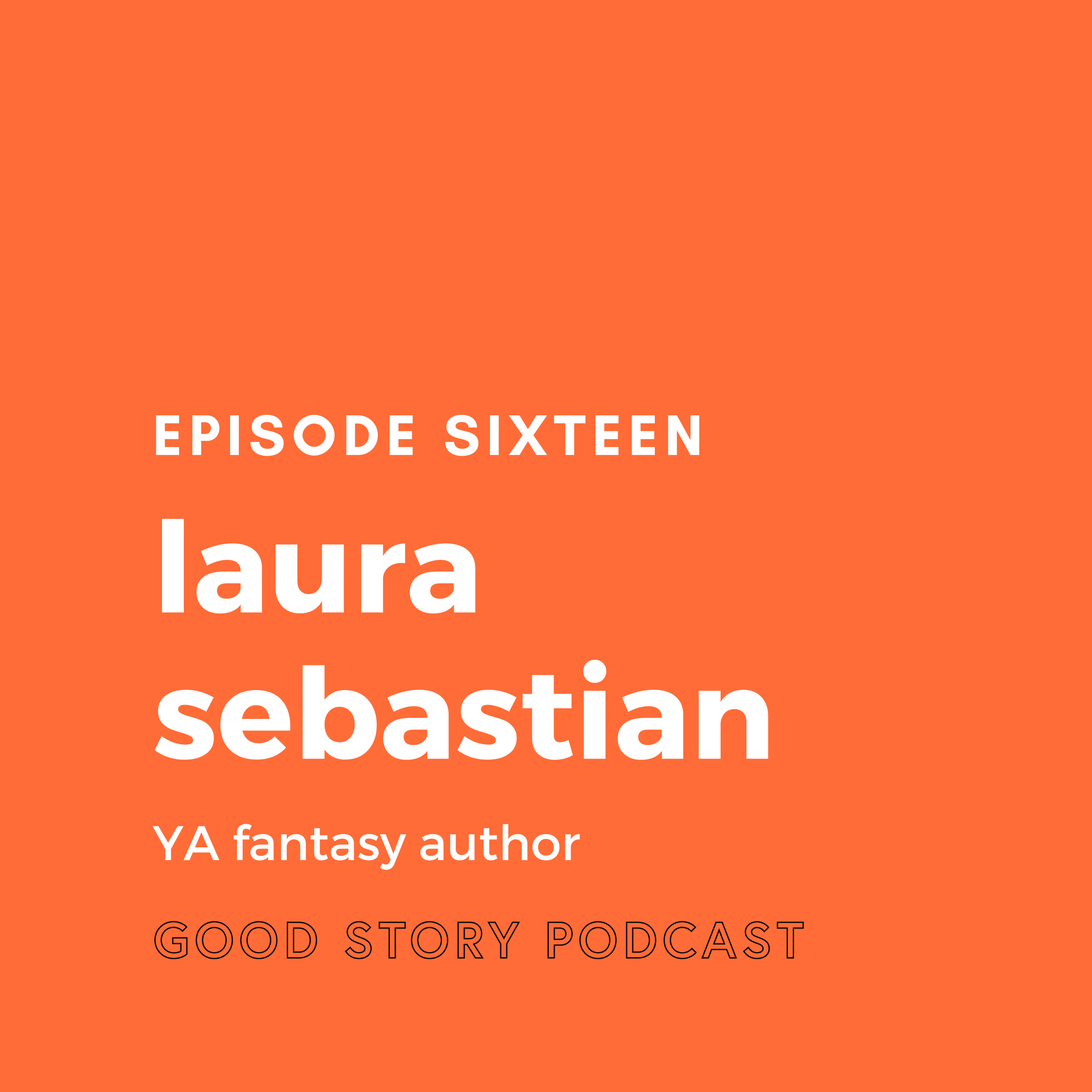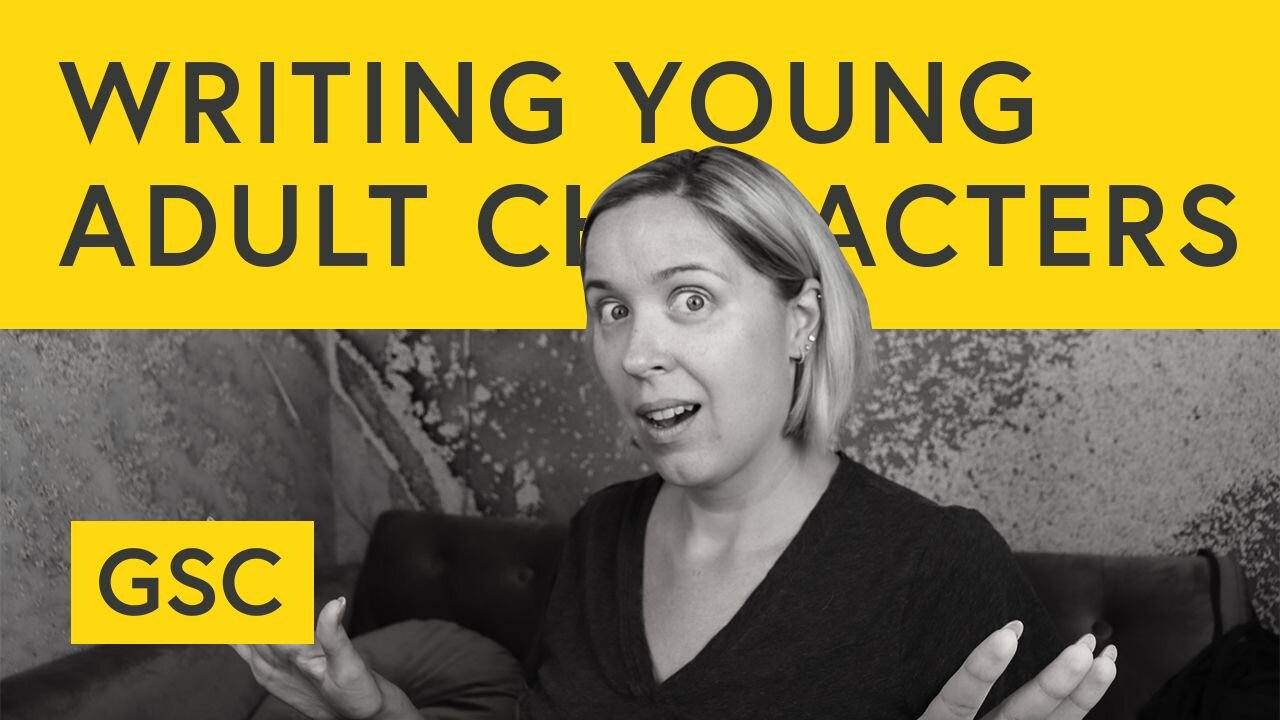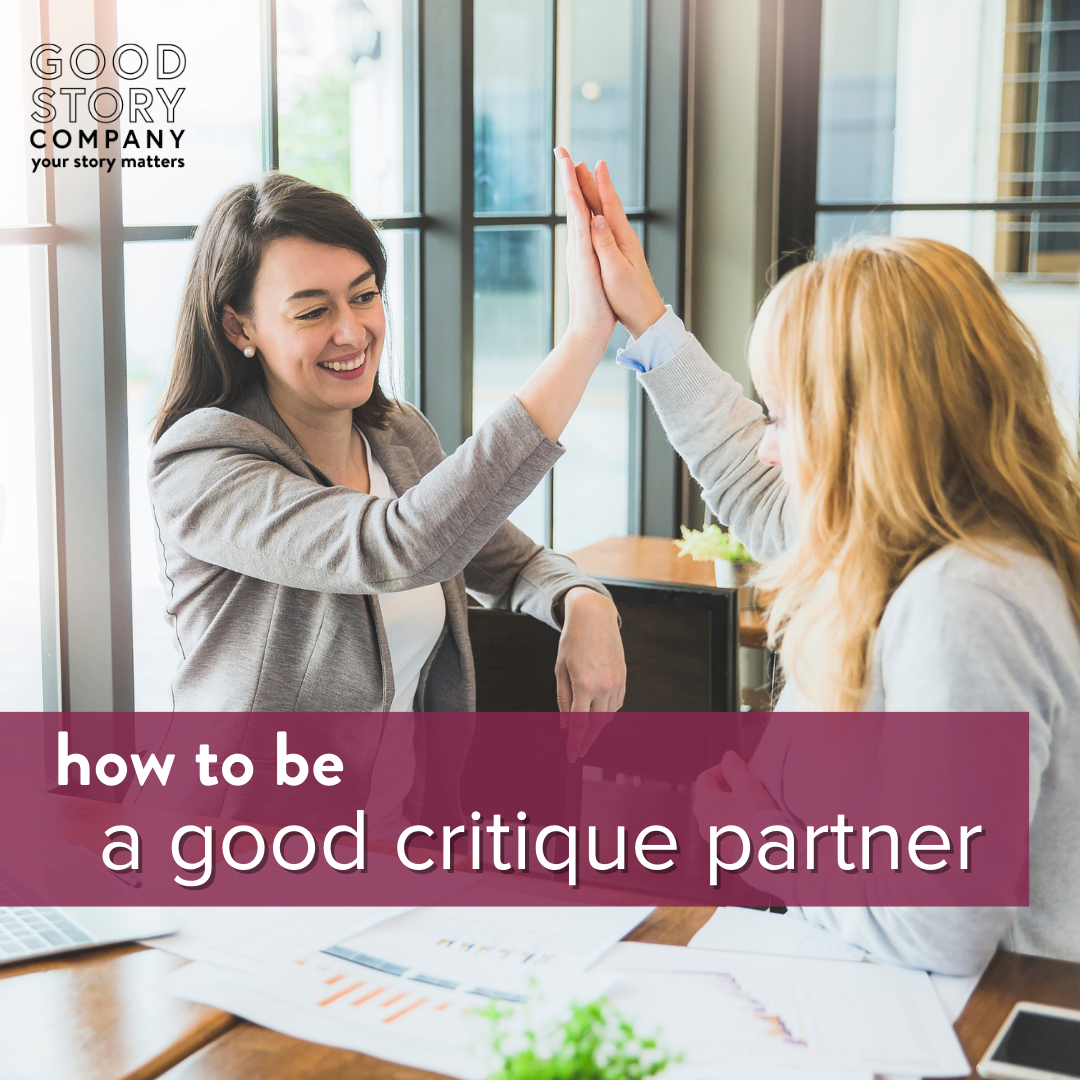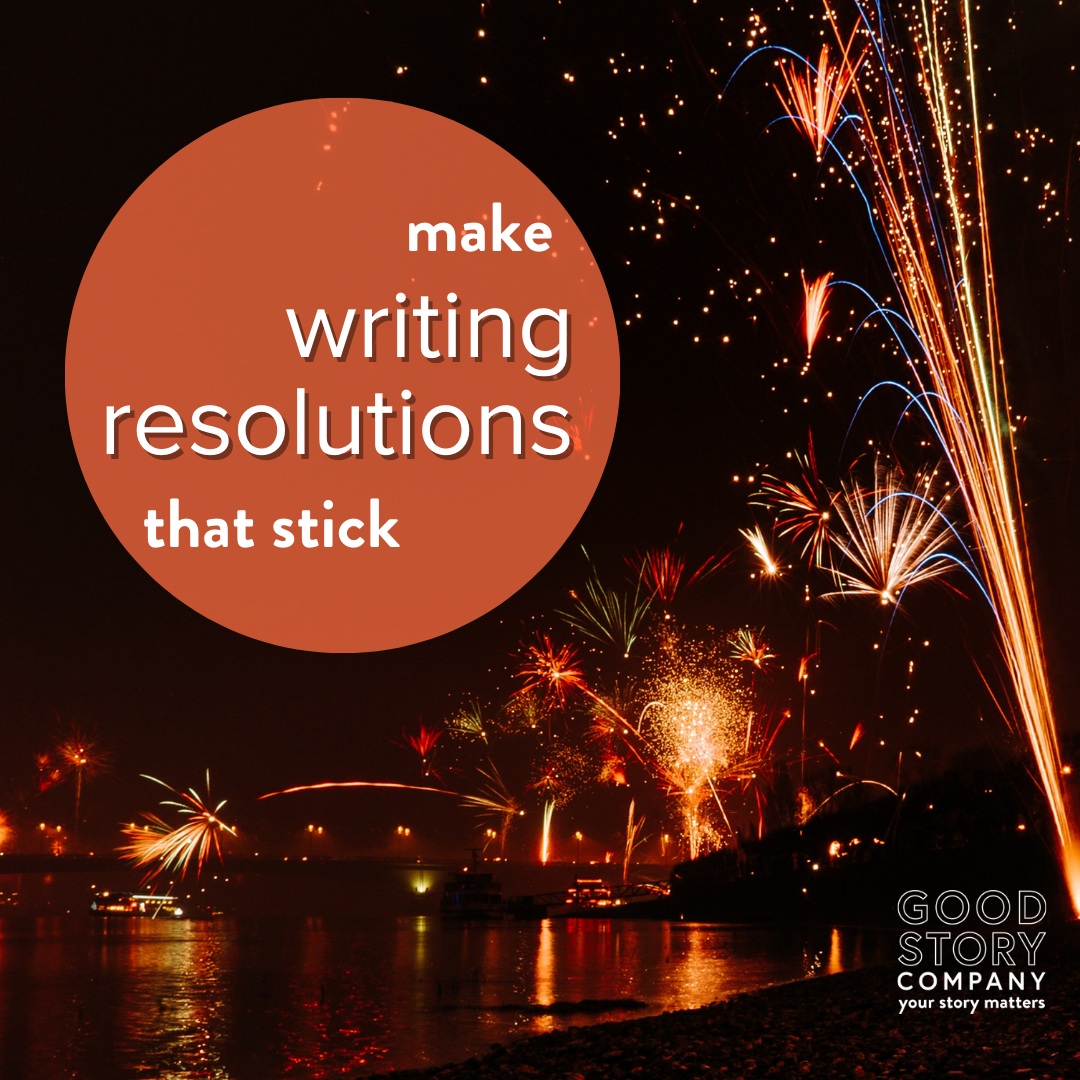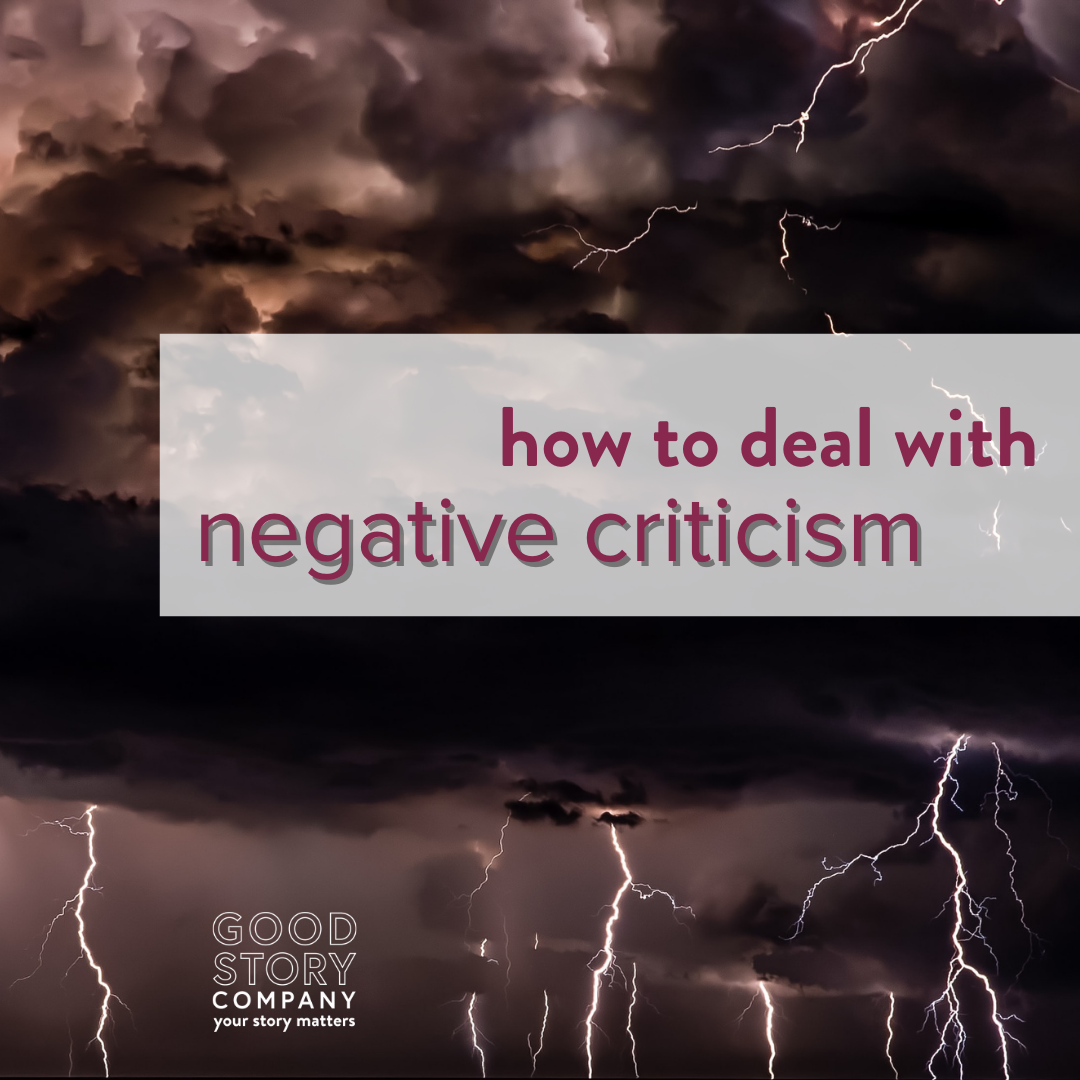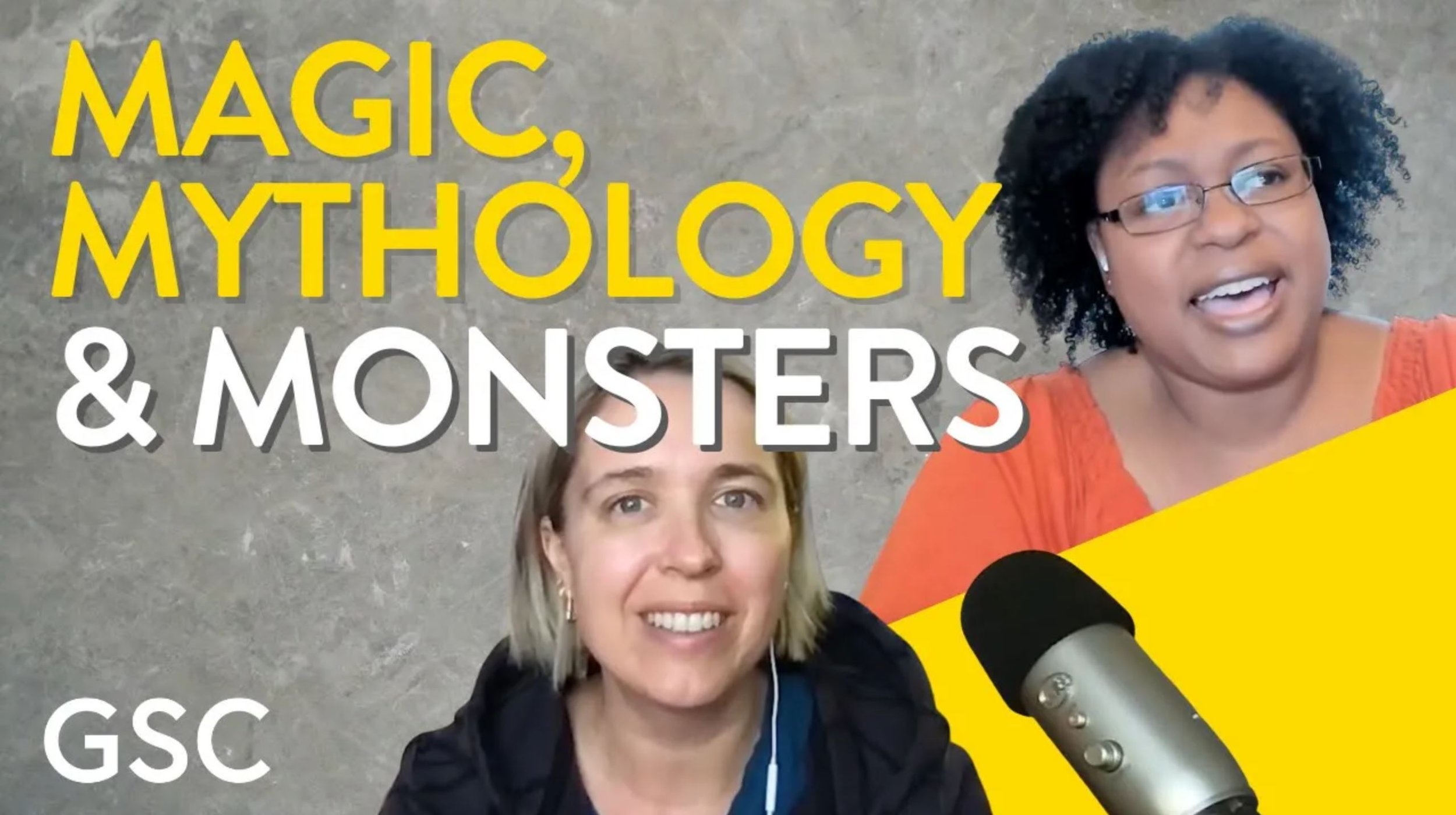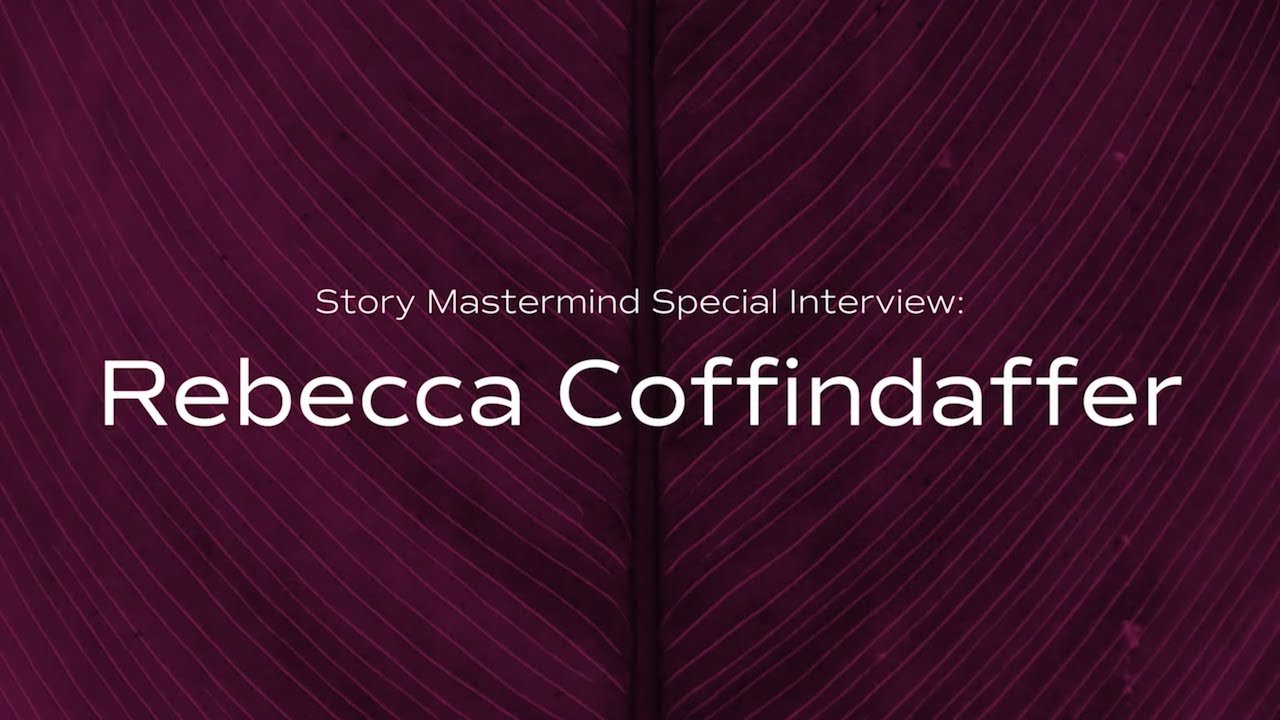
How to Organize Your Writing
If you’re a beginning writer, you may be wondering how to organize your writing. Working on a novel means you’ll have lots of bits and pieces to keep track of: character and setting notes, plot outlines, reference photos, versions of your manuscript, notes to yourself, quotes and inspiration to keep you going when the going gets tough...yikes!
Episode 16: Laura Sebastian, YA Fantasy Author
A conversation with YA fantasy author Laura Sebastian (ASH PRINCESS, out now from Delacorte) all about worldbuilding.
Writing Young Adult Characters
Young adult characters are incredibly dynamic. Their worlds are bigger, larger than life. There's always something behind any big feelings in middle grade and young adult that fosters a relationship between the character and the audience. And that is super crucial in the young adult genre.
How to Be a Good Critique Partner
Tips for how to be a good critique partner and how to contribute to your writing community. Learn how to give writing critique here.
A Million Bad Words
In order to write, you have to WRITE! Spending time learning theory, taking classes, and reading books are beneficial, but ultimately it is practice that will make you a better writer. Learn how a million bad words can turn into a good story.
Make Writing Resolutions That Stick
Winter is the perfect season to establish your writing resolutions and form the habits that will lead to better productivity. There is so much you could accomplish in the year ahead! Read on for tips on how to develop—and crush!—your writing resolutions.
How to Deal With Negative Criticism
Many writers struggle with how to deal with negative criticism. Not all writing feedback you receive in your lifetime will be “constructive criticism”. Some of it may feel like straight-up criticism criticism, or worse, destructive criticism. Ouch! Here are some thoughts on bouncing back from a devastating writing critique, and what to do next.
Episode 31: Lisa Stringfellow, Middle-Grade Fantasy Author
Lisa Stringfellow discusses her debut novel set in the Caribbean, “A Comb of Wishes.” She talks through her long journey from draft to finished book—plus plans for Book 2—and shares craft and industry tips she’s learned along the way.
Writing Your Debut Novel with Benjamin Roesch
Benjamin Roesch joins us to talk about his debut novel—but not his first novel—published with LGBTQ+ young adult indie publisher Deep Hearts. We talk about turning short stories into a novel, coming of age fiction, and being an older debut writer.
When is a Manuscript Finished?
Tips on looking at your work with clarity so you can determine your personal "done," as well as what to do when you reach that finish line.
Writing Descriptions
Dust motes swirling in the gloom are enchanting, but do you really need to describe them in detail? Let’s look at some guidelines for writing descriptions so you can quench your thirst for gorgeous imagery without sacrificing the pacing of your story.
Episode 32: J.C. Geiger, YA Author & Mixtape Creator
Tune in for a chat with Mary Kole's long-time friend in the children's publishing space, YA Author J.C. Geiger. He tells all about how he made an epic mixtape with music no one's heard before (and met his heroes in the process), and talks about writing young adult characters, the future of post-pandemic fiction, and—of course—the power of music.
What Is a Sensitivity Reader?
There is a lot of controversy in the writing world about sensitivity readers, so what is a sensitivity reader? What does a sensitivity reader do? Learn more about this specializing writing and editing role here.
Magic, Mythology & Monsters with Lisa Stringfellow
Lisa Stringfellow, award-winning author and middle school teacher, discusses her debut novel about mermaids and mythology set in the Caribbean, “A Comb of Wishes.” She talks through her long journey from draft to finished book—plus plans for Book 2—and shares craft and industry tips she’s learned along the way.
Story Mastermind Interview with Rebecca Coffindaffer
A conversation with debut science fiction and fantasy author Rebecca Coffindaffer (CROWNCHASERS, out now from HarperTeen) all about worldbuilding.
More Than Words: Avoid Clichés
As writers, we know we should try to avoid clichés and stereotypes. But you might not think of unique imagery as you’re writing your first draft, so you drop in a cliché as a placeholder. When revisiting a manuscript to self-edit, though, many writers often overlook the cliché that’s right in front of them: the clichéd image.
Writing the Protagonist and Antagonist
One question many writers have when they begin work on a novel is how to write a compelling protagonist and antagonist. These are vital roles to function well in a manuscript. How do we make sure they leap off the page?
Setting Writing Critique Expectations
Setting writing critique expectations is important, especially when a writer starts out getting writing feedback. A lot of writers are in a good headspace when they approach critique. Nervous, maybe. Vulnerable, of course. But eager to learn and give back to a fellow writer.
The Core of a Story with Roz Morris
Writer, writing teacher, ghost writer, and general literary icon Roz Morris joins Mary Kole for an interview on the Good Story Speaker Series. They dive into the mechanics of storytelling and discuss how to connect with your audience—whether you're writing someone else's story or your telling your own.
Writing Young Adult Books With Mindy McGinnis
Mindy McGinnis—mystery, suspense, thriller author and dog haver—joins the Good Story Podcast to talk about her upcoming work with James Patterson, book snobbery, and showing characters' humanity.


